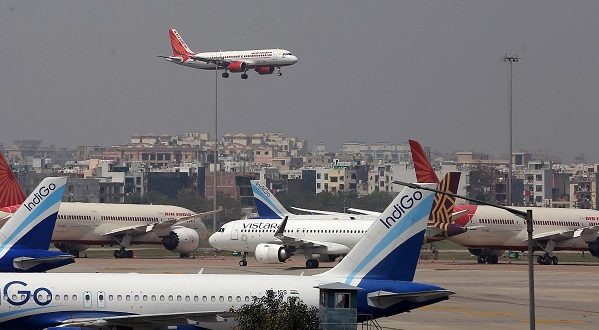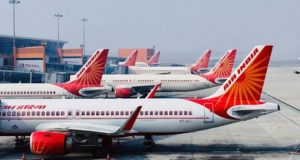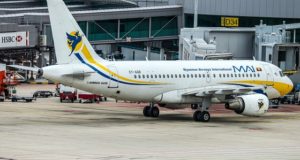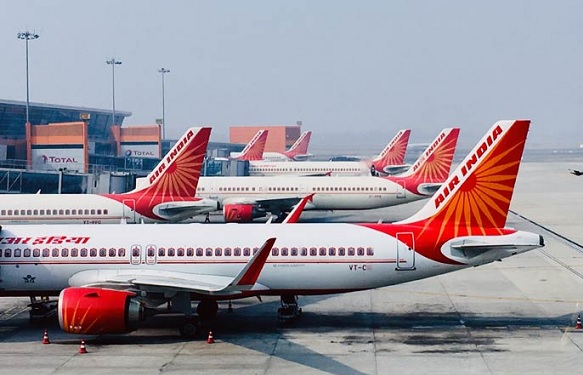Directorate General of Civil Aviation (DGCA), the Indian aviation regulator, has confirmed on Friday (July 24) that it is extending the restrictions on domestic flights till November 24, 2020 or till further notice. The caps on air fares will also remain in place till the same period.
The Aviation Ministry has said, “As per the prevailing situation of COVID-19, the Central government…directs that the order shall remain in force till 2359 hrs on 24th November, 2020, or until further orders.”
The decision comes after Mr. Hardeep Singh Puri, Minister of Aviation, had stated at a press conference that the price cap on domestic routes will be applied after August 24, 2020.
On May 21, the DGCA while allowing domestic flights had issued seven bands of ticket pricing with lower and upper fare limits for domestic flights. The first band consists of flights with duration of less than 40 minutes. The lower and upper fare limits for the first band are Rs 2,000 and Rs 6,000, respectively.
The second band, third band, fourth band, fifth band, sixth band and seventh band are for flights with durations of 40-60 minutes, 60-90 minutes, 90-120 minutes, 120-150 minutes, 150-180 minutes and 180-210 minutes, respectively.
The lower and upper fare limits for 40-60 minutes are Rs 2,500 and Rs 7,500, for 60-90 minutes are Rs 3,000 and Rs 9,000, for 90-120 minutes are Rs 3,500 and Rs 10,000, for 120-150 minutes are Rs 4,500 and Rs 13,000, for 150-180 minutes are Rs 5,500 and Rs 15,700.
The aviation think tank Center for Asia Pacific Airlines (CAPA) said earlier this month that the government’s decision to temporarily set fare caps after the gradual restoration of domestic passenger flights is affecting air travel demand because airlines can’t provide customers with air tickets at lower prices.
The CAPA further said that the use of this mechanism would weak the flexibility of airlines to charge fares at lower rates when demand is low. “Regulatory agencies’ temporary fare caps are affecting demand. Price restrictions mean airlines are less flexible and can’t provide lower fares to stimulate demand.”
 Asean Travel News Travel News Agency in Delhi
Asean Travel News Travel News Agency in Delhi







